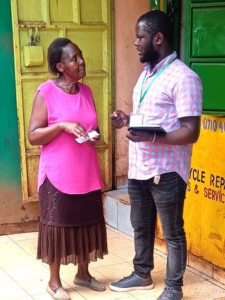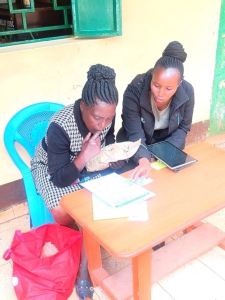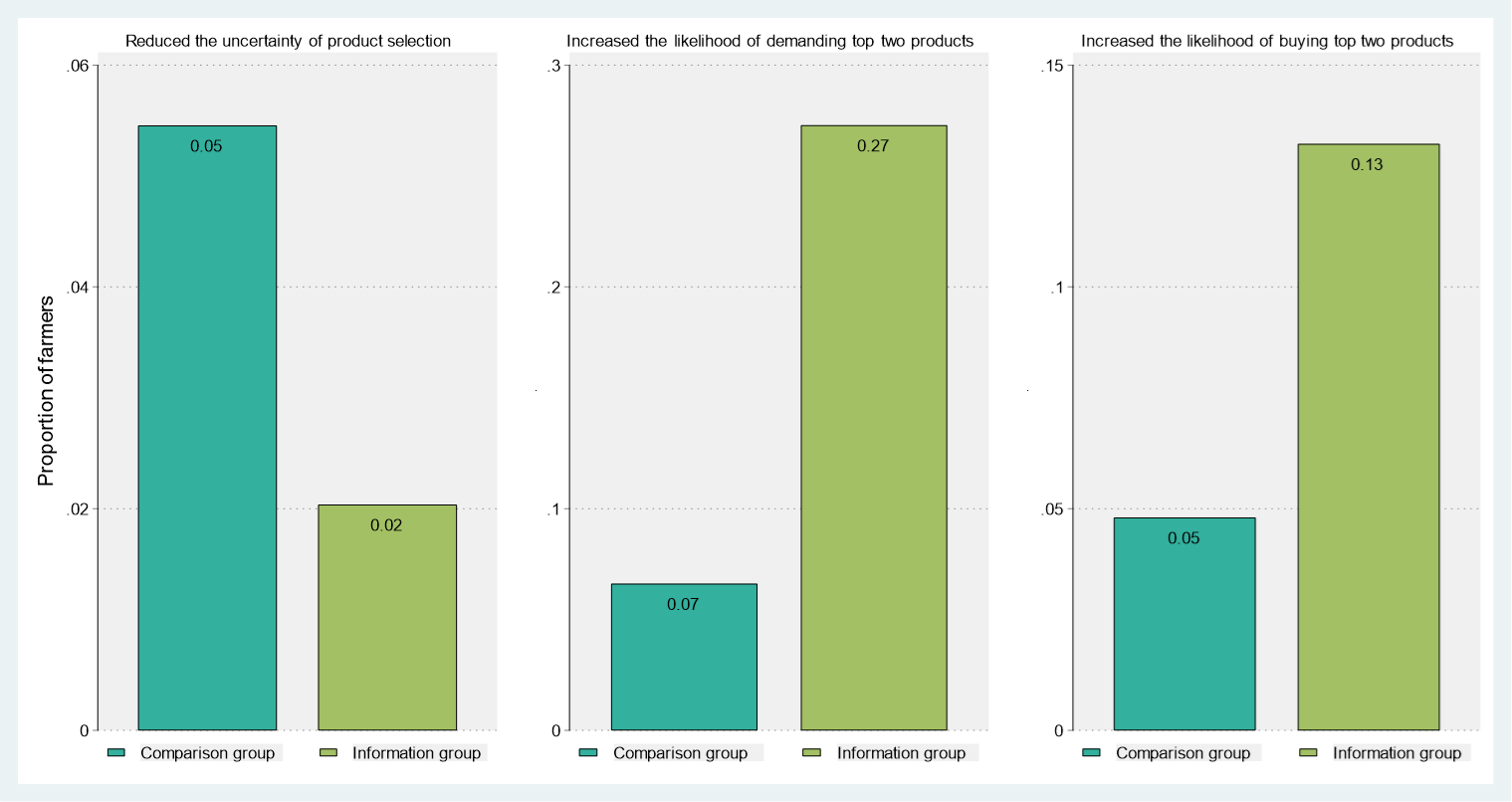August 9, 2024
Maize production in Kenya is a critical component of the country’s agriculture and food security. However, climate change poses a serious threat to its production. Changes in temperature and precipitation patterns can affect maize growth, reduce yields, and increase the incidence of pests and diseases.
Prolonged droughts and unpredictable rainfall can lead to crop failures, while extreme weather events can damage crops and infrastructure. As the climate continues to change, it is essential for Kenyan farmers to adopt resilient agricultural practices and improved seed varieties to safeguard maize production and ensure food security for the population.
To help farmers cope with the changing conditions, governments and donors have invested in maize hybrid breeding. Dozens of new hybrids have been available to seed companies throughout East Africa for multiplication and distribution. However, the potential impact of these investments is hampered by the slow turnover of hybrids. Research has shown that, despite the availability of newer, higher-performing varieties, there is an adherence to old, less productive but familiar ones due to a lack of information among farmers.
CIMMYT research aimed to shed light on the potential influence of seed-product performance information on farmers’ seed choices. The survey was conducted by examining seed product information available to farmers in Embu and Kirinyaga counties at select agro markets and assessing whether the new information influenced their choice of product.
Like many parts of Kenya, farmers in Kirinyaga and Embu have access to a diverse range of maize seed products from seed companies which promise benefits like higher yields and improved resilience but lack objective information on performance.

Survey set up
The research team collaborated with 36 local agro-dealers in five towns and surveyed over 1000 farmers. Farmers were offered a voucher for one free bag of maize seed and randomly assigned to two experimental groups: treatment and comparison. In the treatment group, participants were shown a table containing product-specific yield data on maize hybrids grown in their counties. The table contained farmer-reported yields from the long rain season and the average yield of the top 25% of farmers who realized the highest yields. The latter demonstrated the actual potential of a seed product. In the comparison group, participants were offered information that would not affect their seed choice.

Table 1: Product-specific performance information on maize seed products in Kirinyaga March-August 2023 *actual product names have been removed for this blog*
Before they made any purchases, the customers were asked about which maize seed they intended to buy. After purchase, they were interviewed again to find out which maize seeds they bought and how they had used the voucher.
“The surveys returned a rich trove of data,” said Michael Kariuki Ndegwa, Associate Scientist, Market and Value Chain Specialist, CIMMYT-Kenya. “Insights into farmers’ awareness, knowledge, and perceptions of seed products, as well as their purchasing behavior at the point of sale, are all factors in our efforts to understand why farmers make the choices they make.“


Survey results
Farmers in the treatment group, exposed to performance information, showed increased certainty in their choices and a higher inclination towards products listed in the performance table, particularly the top-performing varieties. About 27 percent of them desired to use their vouchers on products which were the top two in the product performance lists. Only 7 percent of the comparison group farmers desired to use their vouchers on same products, indicating an increase of 286 percent in demand of top performing products.
Post-purchase, both groups showed shifts from initially desired products in their actual purchases (due to some seeds being unavailable), the treatment group maintained a stronger alignment with the listed products, exhibiting a higher likelihood of purchasing top-performing products, while 13 percent of farmers in the treatment group used their vouchers to purchase products which were top two in the performance lists while only 5 percent of farmers in the comparison group purchased the same products. This indicates a 160 percent growth in purchases of the best performing products in the lists.

Next steps
The findings offer clear recommendations for future investments in seed systems development. These include the implementation of new testing regimes to ensure seed quality, exploring new marketing options to reach farmers more effectively, and considering additional approaches to empower farmers with the knowledge they need to make informed decisions thus leading to improved agricultural productivity, resilience, and livelihoods.